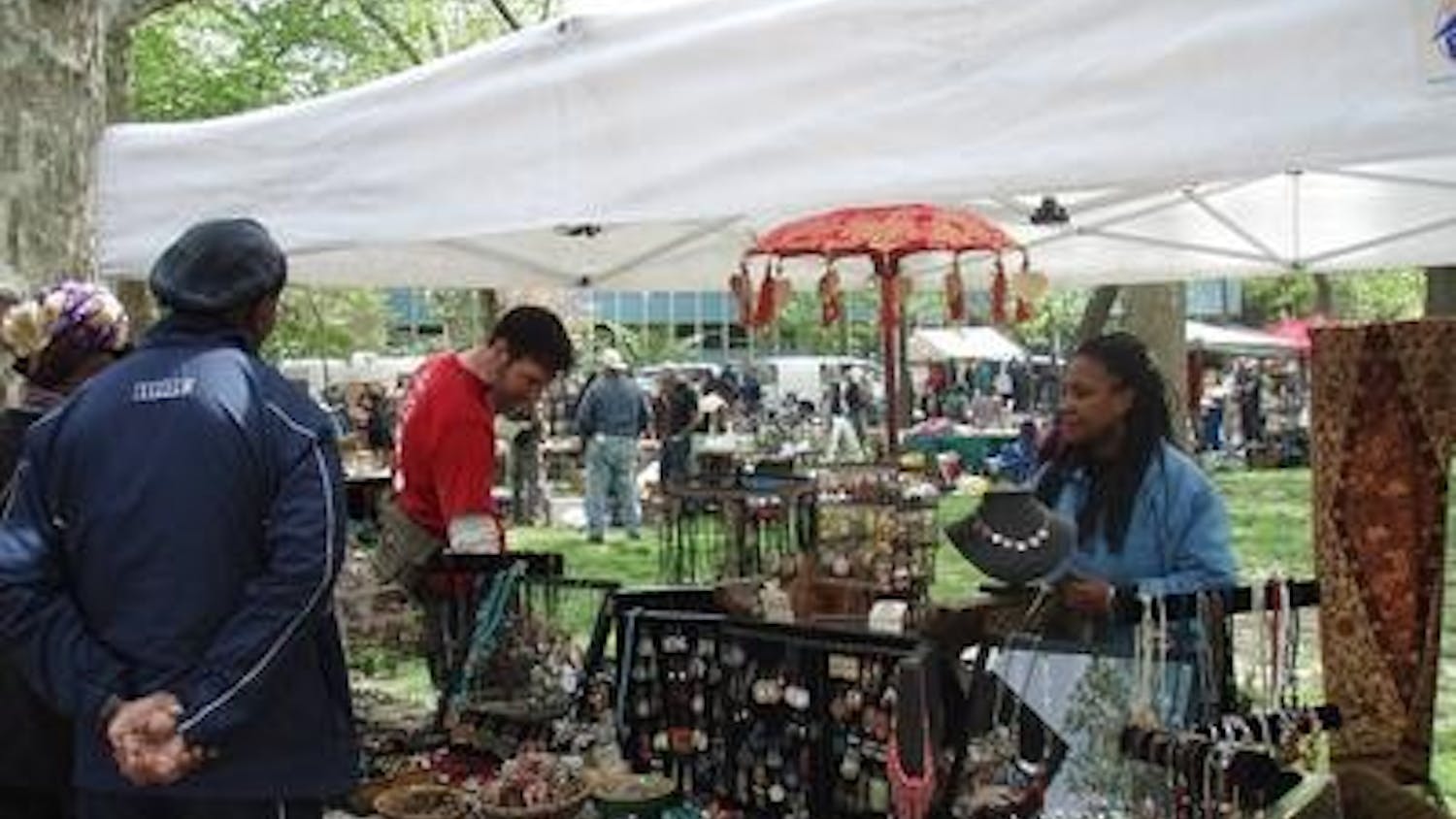No discussion regarding The Hours fails to mention Nicole Kidman's nose. Most of the world was unaware that Kidman contained such dramatic depths -- to think, she temporarily disfigured her face for a part. But sometimes obstructed by that honking schnoz is a novel that was winning awards before Kidman's nose ever got involved. Recently, I took part in a conversation with The Hours author Michael Cunningham in which he, too, confessed his awe of Kidman's acting abilities as well as life in general. The Hours interweaves three narratives through their relationship to Virginia Woolf's novel, Mrs. Dalloway. Cunningham, who won a Pulitzer for the book, is modest about its beginnings. "The original idea was not very interesting," he said. "I just wanted to write a modern day version of Mrs. Dalloway... And very gradually, over the course of about a year, I sort of hammered it into the shape that it ultimately took." That form incorporates a housewife reading Mrs. Dalloway for the first time, as well as Virginia Woolf, herself, on the day she began to write the novel. Although Cunningham did not limit The Hours to a strict retelling of Mrs. Dalloway, Woolf's tone served as an ever-present inspiration. "I don't know another writer who wrote more persuasively, directly and fully about the simple joy of being alive," he said. But his is no dictionary-defined optimism. Cunningham's philosophy, which he also attributes to Woolf, is that "life go[es] on, even in the face of the worst that can happen to people. That's the only kind of optimism I trust." In that light, maybe it's not so surprising that his self-avowed "life-affirming" novel begins and ends with the suicides of two central characters. In response to questions regarding his ability to create three such vivid female main characters, Cunningham has an easy answer: "I know many biological women, and I speak to them frequently on a variety of topics." He makes it sound simple. "If I couldn't get to the point where I knew what it was like to be this person, whether it's a man or a woman, a dog or a cat," he said. "I wouldn't write about the person. Frankly, how I get there, I couldn't tell you." Cunningham's first reaction to the success of The Hours, was a surprised, "is it all downhill from here?" But, with his own brand of cynicism-turned-optimism, he quickly rebounded. "If everyone's going to hate the next book that I write, no matter what I write," he said, "then I'm free to write whatever I want"
Culture: A book of one's own
34th Street is an independent, student-run arts & culture magazine. Please consider making a donation to support the coverage that shapes the University. Your generosity ensures a future of strong journalism at Penn.
Donate





